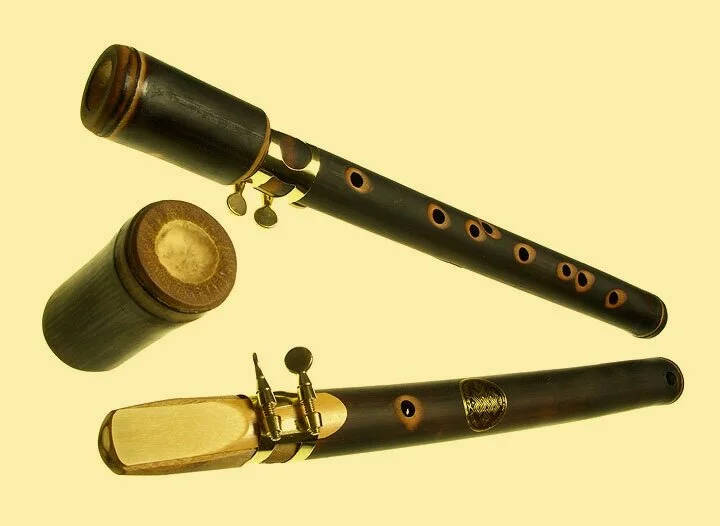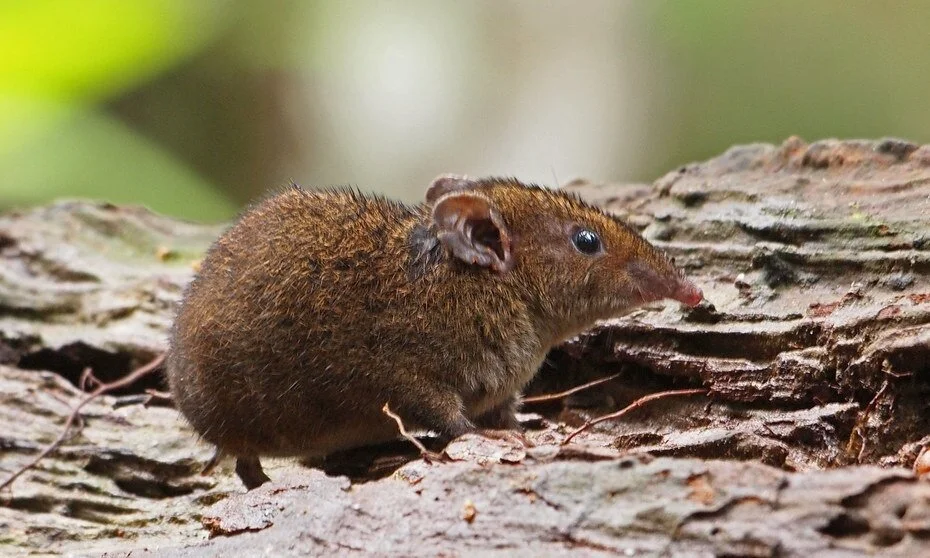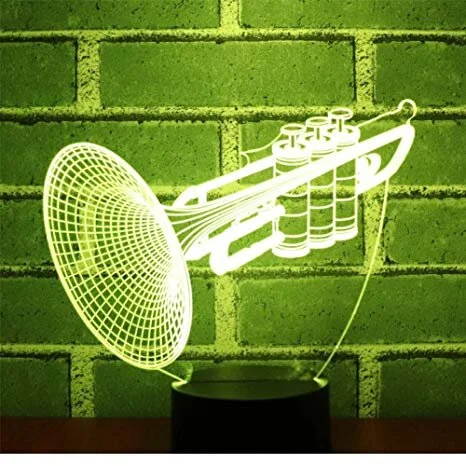Word of the week: It's another word for bamboo saxophone, handily pocket sized, cheaper than its metal cousin being without complex valves, and closer to a clarinet, yet sounding remarkably sax-like using a similar mouthpiece and reed
Read moreWord of the week: xaphoon
The Maui Xaphoon in C




















